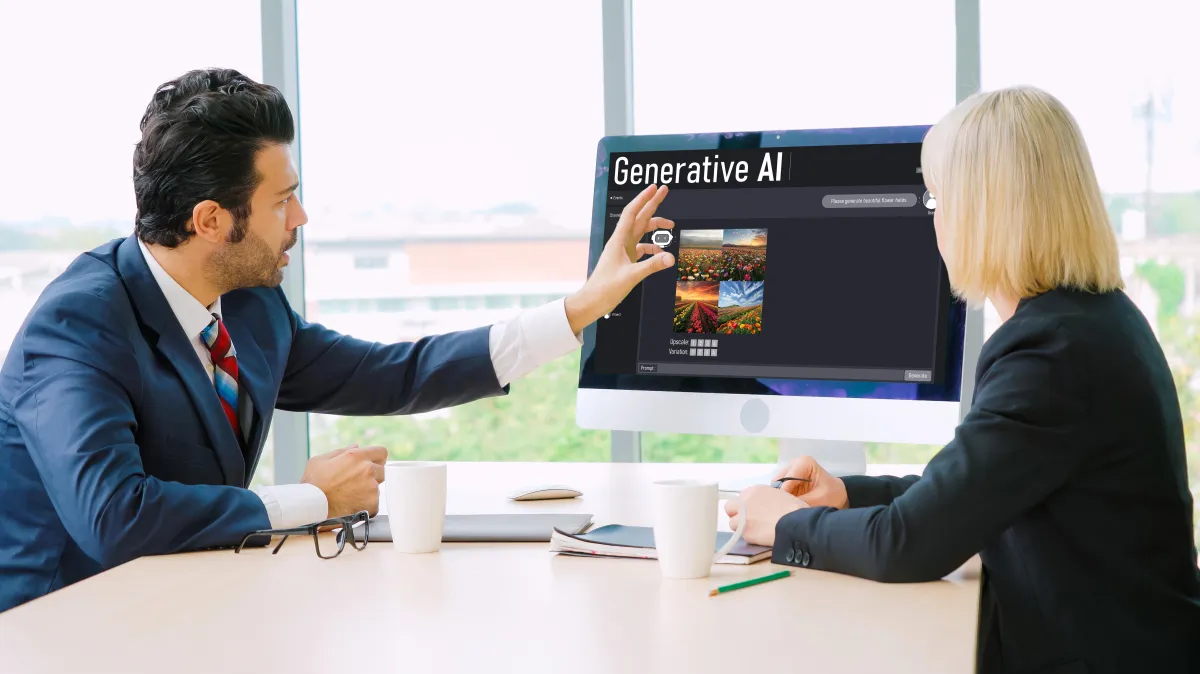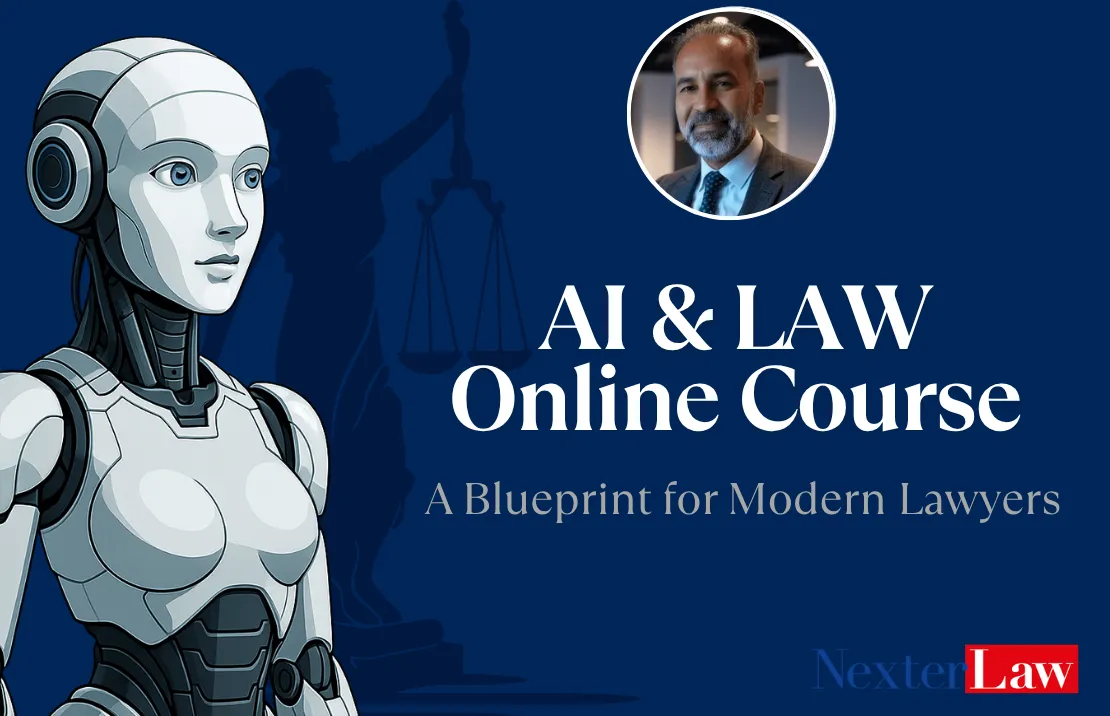Blog Post

Who Benefits from AI
Who Benefits from Artificial Intelligence? Ethical and Societal Implications
Who Benefits from AI
Who Benefits from Artificial Intelligence? Ethical and Societal Implications
The Historical Lens: How Did We Get Here?
Who Gains from AI? Sectors and Stakeholders
1. Healthcare: Precision Meets Efficiency
2. Education: Personalized Learning at Scale
3. Finance: Democratizing Opportunities—or Deepening Bias?
4. Business Innovation: Fueling the Future
5. Community Empowerment: Bridging Gaps
Algorithmic Bias and Ethical Concerns
Regulation and Responsible Governance
Introduction
Artificial Intelligence (AI) is reshaping our world—enhancing how we live, work, learn, and heal. From healthcare diagnostics to personalized education, AI's footprint is expanding rapidly. But as these technologies surge forward, a critical question lingers: Who really benefits from AI?
This article delves into the ethical and societal implications of AI adoption. It examines both the transformative potential and the inequities that may emerge if AI development continues without inclusive and ethical oversight.
The Historical Lens: How Did We Get Here?
AI's journey began in the 1950s, rooted in dreams of replicating human intelligence. Over decades, breakthroughs in machine learning, computer vision, and big data analytics transformed these dreams into systems capable of performing complex tasks. Now deeply embedded in sectors like healthcare and finance, AI offers both promise—and peril.
Who Gains from AI? Sectors and Stakeholders
1. Healthcare: Precision Meets Efficiency
AI dramatically improves medical diagnostics, from early cancer detection through imaging to personalized treatment plans. Hospitals and clinics use AI to automate administrative tasks, freeing up time for patient care. However, without equitable access, marginalized populations may fall further behind in healthcare outcomes.
2. Education: Personalized Learning at Scale
AI-powered tutoring platforms adjust content to suit each learner’s pace and style, enhancing engagement and comprehension. Administrative systems also benefit, streamlining tasks and resource planning. But disparities in access to devices and connectivity could widen the digital education divide.
3. Finance: Democratizing Opportunities—or Deepening Bias?
AI is used in loan approvals, fraud detection, and hiring decisions. When designed ethically, it can reduce discrimination by focusing on merit. However, biased training data can reinforce historical injustices, especially against women, minorities, and economically disadvantaged groups.
4. Business Innovation: Fueling the Future
AI gives companies a competitive edge—boosting productivity, predicting market trends, and even generating content. Yet the economic gains often concentrate in wealthier regions and corporations, leaving smaller players and emerging economies behind.
5. Community Empowerment: Bridging Gaps
When applied intentionally, AI can highlight societal inequities. Community-based AI projects, guided by nonprofits, are beginning to use diverse datasets to advocate for social justice. These efforts show that inclusive design isn’t just ethical—it’s essential.
Algorithmic Bias and Ethical Concerns
Bias in AI isn't a bug—it's often a reflection of biased data or narrow design. Without intervention, AI may misdiagnose diseases in underrepresented groups, deny loans based on flawed profiling, or automate systemic injustice.
Strategies to mitigate algorithmic bias include:
Diverse data collection and preprocessing
Fairness-focused algorithms
Regular audits and accountability measures
Involvement of interdisciplinary ethics teams
Regulation and Responsible Governance
The AI regulatory landscape is evolving. The EU AI Act and OECD frameworks highlight a shift toward risk-based governance, demanding transparency, accountability, and human oversight—especially for high-risk applications like facial recognition or healthcare decisions.
Looking Ahead: Opportunities and Responsibilities
From automating hospitals to guiding public policy, AI has immense potential. But realizing a future where everyone benefits requires:
Inclusive design: Engaging communities in AI development
Equity in access: Bridging infrastructure and education gaps
Ethical leadership: Prioritizing dignity, fairness, and transparency
Conclusion
AI is not inherently good or bad—it reflects the intentions and values of its creators. As we integrate these technologies deeper into society, the guiding question must remain: AI for whom?
To ensure AI serves as a force for equity rather than division, we must design, deploy, and govern it with intention. The future of AI is not only a technical challenge—it's a moral one.












